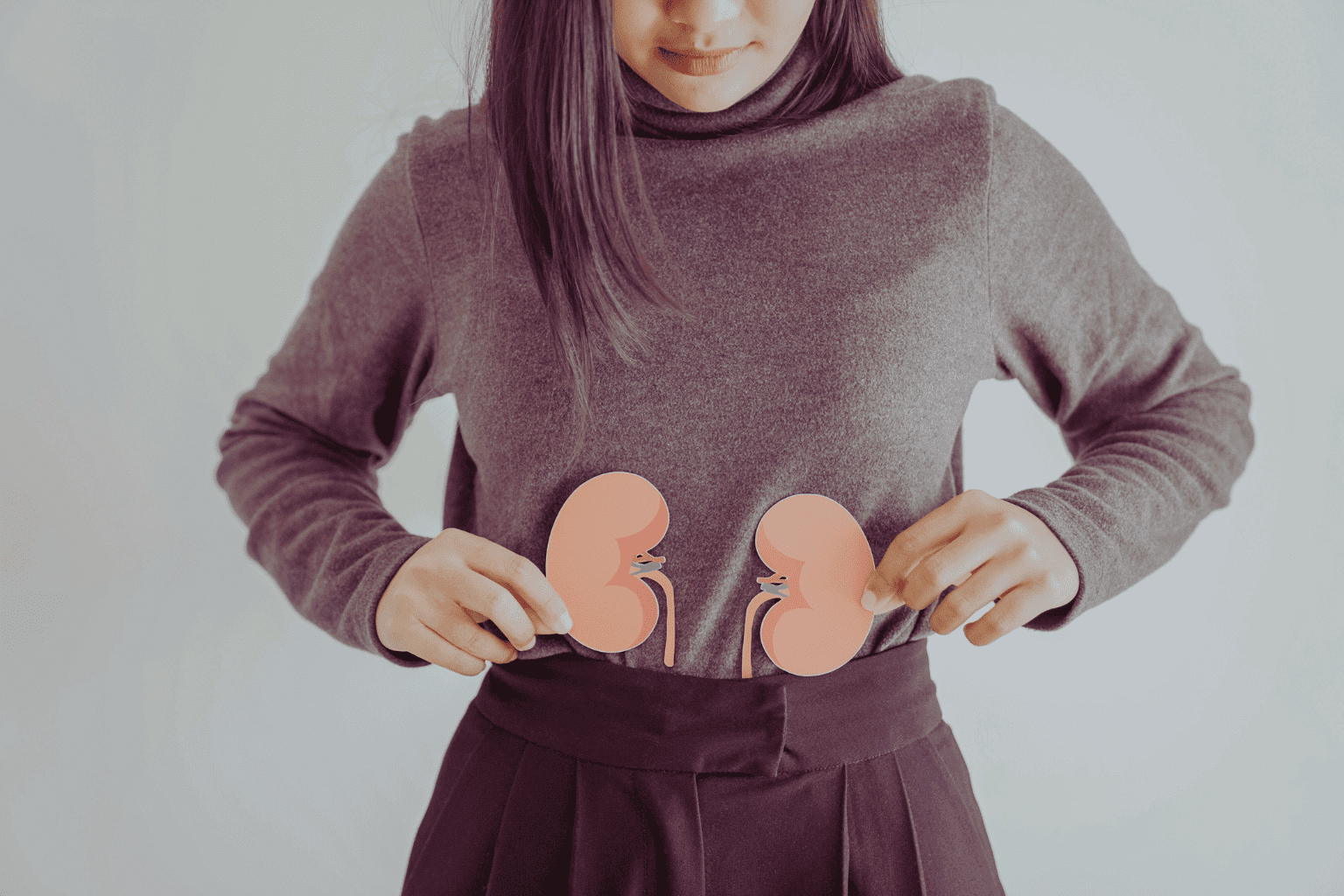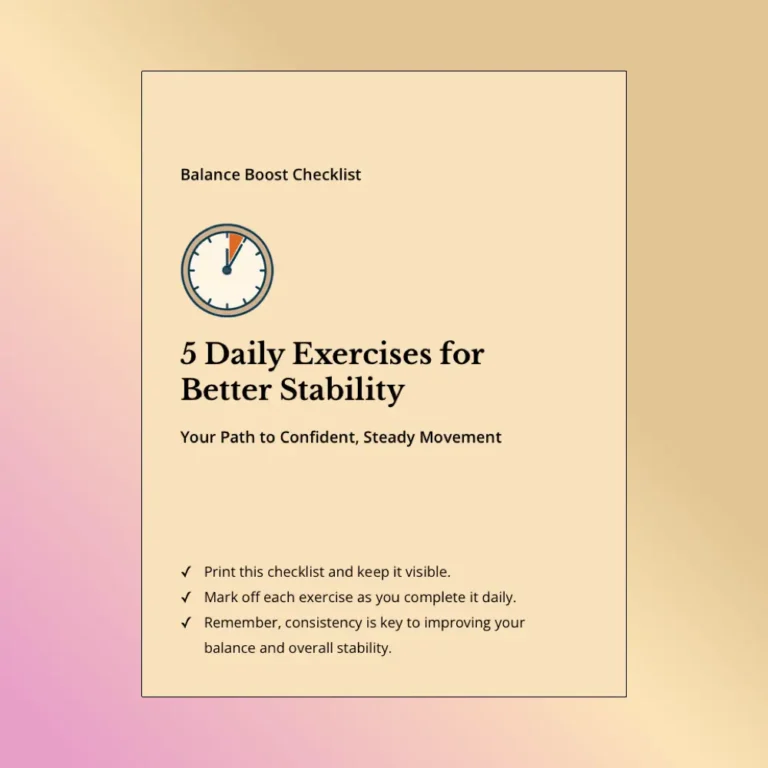
Highlights

As we age, our bodies need more attentive care, especially when managing chronic conditions like kidney disease. For older adults dealing with chronic kidney disease (CKD), eating the right foods isn’t just about good nutrition; it’s a medical necessity. A thoughtfully planned eating plan can help manage symptoms, slow down disease progression, and boost overall kidney health. This guide breaks down the essentials of kidney-friendly eating specifically for seniors, giving you practical knowledge to make better food choices and learn about diet options for people with kidney disease.
Chronic kidney disease happens when kidney function gradually declines over time. For seniors, the most common causes include diabetes, heart disease, high blood pressure, and age-related changes in kidney health. This condition can lead to serious complications that affect not just the kidneys but also overall well-being.
Knowing which stage of CKD you’re dealing with matters a lot when it comes to diet recommendations. CKD progresses through five stages, from mild (stage 1) to severe (stage 5), where kidney function becomes seriously compromised. As kidney function drops, waste products build up in the blood, which is why dietary changes become necessary; they help reduce stress on the kidneys and maintain health.
Senior renal nutrition refers to specialized dietary management created specifically for older adults with kidney disease. This approach focuses on creating individualized eating plans that address the unique needs of seniors, taking into account their medical history, current kidney function, and personal food preferences. A renal diet is suitable for people with kidney problems and can help keep your bones healthy while managing your kidney condition.
A balanced diet for those with CKD should focus on several important elements:
For seniors with CKD, keeping track of protein intake is crucial. While protein is necessary for health, eating too much can further damage already compromised kidneys. Understanding protein requirements is essential for kidney care.
Potassium helps your muscles function and keeps your heart healthy, but too much can cause serious problems if you have kidney disease. Healthy kidneys filter excess potassium, but when kidneys do not work properly, you may need to limit high-potassium foods.
Phosphorus is another nutrient that needs careful monitoring if you have CKD. Too much can lead to bone disease and heart issues. As kidney disease gets worse, phosphorus control becomes more important.
Creating an eating plan for kidney health is key to managing your condition. Here’s how to start meal planning as a single senior with kidney concerns:
A healthy eating plan for people with chronic kidney disease should include a variety of foods each day to keep you healthy and help your kidneys work less.
Being informed while shopping makes a big difference:
How you prepare food can make a big difference in making meals kidney-friendly:
There are plenty of kidney-friendly recipes that can match your taste preferences while respecting dietary restrictions. Whether you’re in the mood for a warm soup or a crisp salad, you can find options that make meal prep enjoyable and health-conscious. The National Kidney Foundation offers many healthy food suggestions for people on dialysis or in the early stages of CKD.
Your dietary needs shouldn’t mean giving up foods that are important to your cultural identity. Adapting guidelines to fit your personal and cultural background is important for sticking with the diet and enjoying your meals.
How much protein should I eat each day with CKD? The amount varies based on your stage of kidney disease, weight, and overall health. Generally, early stages of kidney disease require about 0.6-0.8 grams per kilogram of body weight. Always get personalized recommendations from your healthcare team or a kidney dietitian.
Can I still eat my favorite foods with kidney disease? In many cases, yes! The key is moderation and sometimes preparation methods. Work with a renal dietitian to adapt recipes and find alternatives that satisfy your cravings while supporting kidney health. As kidney disease gets worse, you may need to be more careful about the foods you eat.
How do I manage potassium in my diet? Start by learning which foods are high in potassium. Techniques like boiling certain vegetables can reduce their potassium content. Your health care provider may suggest specific limits for high-potassium foods based on your blood tests and kidney function.
What are some hidden sources of phosphorus I should watch out for? Many processed foods contain phosphorus additives. Look for ingredients with “phos” in their name on food labels. Cola drinks, processed meats, and some dairy foods often contain hidden phosphorus that can make your kidneys work harder.
Should I be drinking more or less water with kidney disease? This depends entirely on your specific situation and stages of CKD. Some people with kidney disease need to limit fluids, while others need to ensure adequate hydration. Your doctor will give you personalized guidance on fluid intake based on your kidney function.
Taking a thoughtful approach to nutrition can significantly impact the health and well-being of seniors living with chronic kidney disease. By paying attention to protein management, potassium and phosphorus restrictions, and creating personalized meal plans, you can handle your dietary needs with confidence.
Remember that what works for one person might not work for another. It’s always best to consult with your healthcare providers to create an eating plan that fits your unique situation. Your doctor, along with a renal dietitian, can help you develop strategies that work with your lifestyle and food preferences.
For more information on kidney nutrition, check out resources from the National Kidney Foundation. You might also find it helpful to learn about proper protein intake, which is closely connected to kidney health.
Don’t hesitate to share your experiences, tips, and favorite kidney-friendly recipes with others in similar situations. Building a supportive community can make managing CKD much easier. After all, sharing knowledge and experiences helps everyone make better choices for their health.
Living with CKD doesn’t mean giving up delicious food or cultural traditions. With some adjustments and creative cooking, you can enjoy meals that nourish your body and satisfy your taste buds while supporting your kidney health. The right diet is a powerful tool in your overall care plan, one that you can control and adapt as your needs change over time. According to recent research published in Nutrients journal, a properly tailored DASH diet can be beneficial for people with stage 4 kidney disease when appropriately modified.
